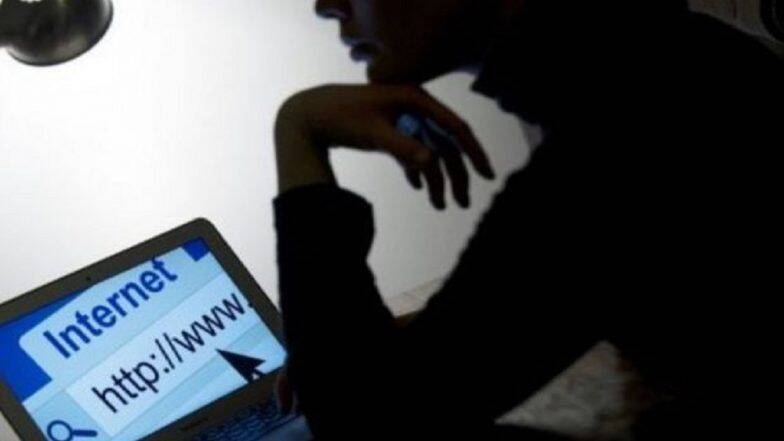NEW DELHI: The United States will help India check online child pornography and content related to child sexual exploitation following a pact signed between the two countries, officials said Wednesday.
A Memorandum of Understanding (MoU) to this effect was signed by the National Crime Records Bureau (NCRB) of India and the National Centre for Missing and Exploited Children (NCMEC), USA recently.
With the signing of the pact, the United States will help in receiving Tipline reports on online child pornography and child sexual exploitation content from NCMEC, a home ministry official said.
The MoU will provide access to more than one lakh Tipline reports available with the NCMEC and enable law enforcement agencies in India.
It will pave the way for setting up of an innovative mechanism for sharing information about child pornography and child sexual abuse material and taking legal action against offenders.
The agreement will further enable law enforcement agencies to remove child pornography and child sexual abuse material from cyber space, the official said.
When a citizen gives a tip about a crime to law enforcement agencies through a dedicated number or website, it automatically gets converted into a report for action making it as ‘Tipline report’.
The agencies will never ask the caller’s name nor ask him or her to identify and he or she can remain anonymous.
Once a person gives a tip, he or she will be given a code number. This is the only way law enforcement agencies can identify the person. Through this number, one can check the status of the tip.
The central government last year had launched a portal where citizens can file complaints about circulation of child pornography, sexually explicit materials and online sexual abuse, leading to automatic registration of FIR and action against the offenders.
The portal is ‘cybercrime.gov.in’
The NCMEC’s CyberTipline is the United States’ centralised reporting system for online exploitation of children.
The public and electronic service providers can make reports of suspected online enticement of children for sexual acts, extra-familial child sexual molestation, child pornography, child sex tourism, child sex trafficking, unsolicited obscene materials sent to a child, misleading domain names, and misleading words or digital images on the Internet.
The NCMEC staff reviews each tip and works to find a potential location for the incident reported so that it may be made available to appropriate law-enforcement agency for possible investigation.
The agreement is expected to help Indian law enforcement agencies to a great extent in dealing with online child pornography and child sexual exploitation content, another official said. (AGENCIES)


